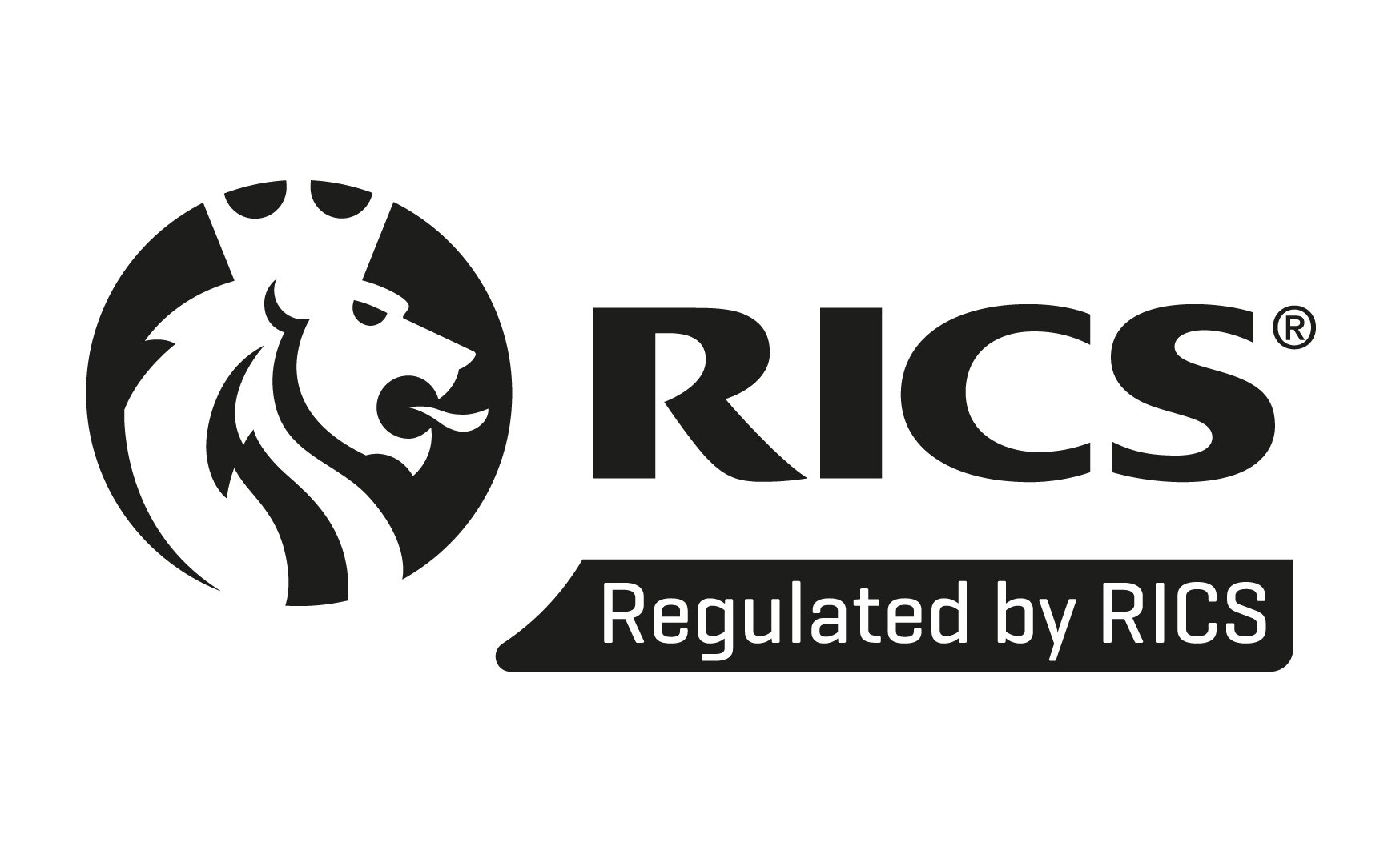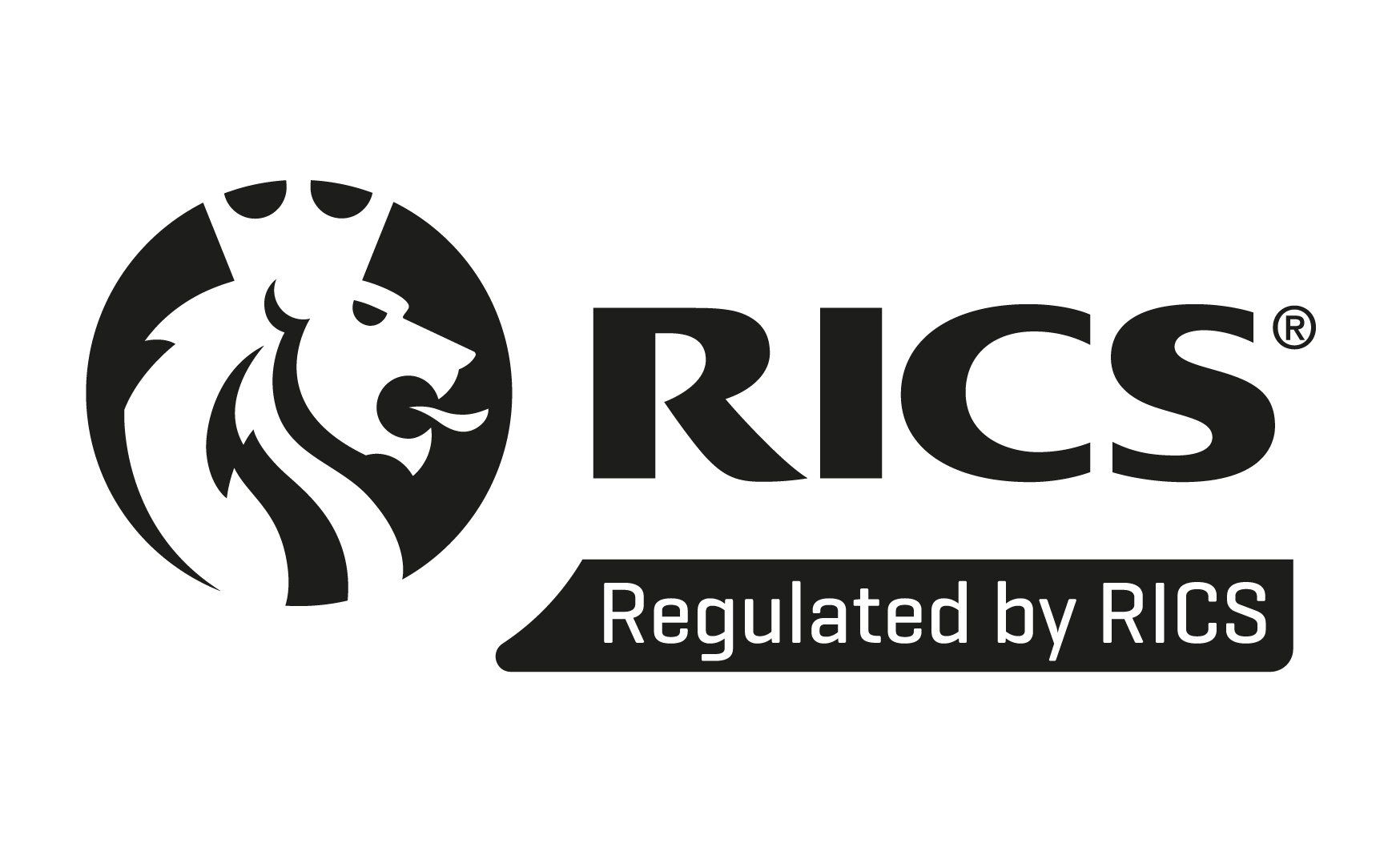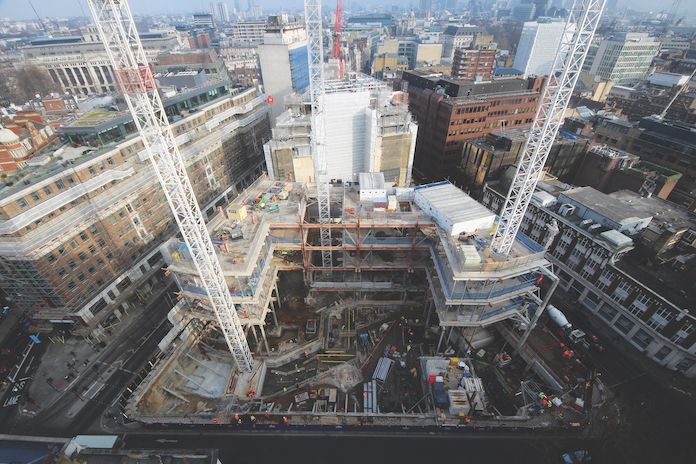The Ultimate Capped Fee Adjudication Scheme Arrives
The Ultimate Capped Fee Adjudication Scheme Arrives
The Ultimate Capped Fee Adjudication Scheme Arrives
I could not help noticing that a new Capped Fee Adjudication Scheme was quietly launched earlier this week by UK Adjudicators.
In my opinion, the costs associated with adjudication have created a barrier for a party seeking to pursue its contractual entitlement or putting it another way, collecting hard-earned cash. That combined with the legalistic approach which has now been adopted in adjudication has resulted in a reluctance for parties to use adjudication as a method of resolving construction disputes.
As well as the strengths of a case, three main cost hurdles need to be considered before starting an adjudication, over time these barriers seem to be slowly disappearing (although statutory adjudication has been around for nearly 23 years now).
So what are the three problems?
1. The Other Party’s Adjudication Costs
In the early years of construction adjudication, some clever lawyers created “Tolent clauses” which effectively created a situation where a party who wanted to raise a claim had to pay the other sides cost of defending the action, which effectively meant that the other side could try to use a parties money to defend a claim. Section 108A of the Housing Grants Construction and Regeneration Act 1996 (as amended) (the Construction Act) now helpfully protects parties against such provisions. The Construction Act now ensures that a party wishing to pursue a claim is not liable for the other party’s costs unless both parties agree to that, after the notice of adjudication has been issued.
Generally, parties do not allocate the power to an adjudicator to allocate party costs. This provides some certainty as to the exposure in an adjudication, on that basis the cost of representation is generally a cost that a party has to bear if there is no agreement as to the allocation of costs. The positive is that you do not need to worry about the other side’s costs if you lose.
2. Your Adjudication Costs
The traditional mechanism of paying a party representative has been on an hourly basis, yes that’s right that well known economic method of procurement - daywork.
Interestingly companies have offered no win no fee or fixed fee services for some time now. As you would expect, the costs from a top tier solicitor may be significantly higher than a smaller firm or independent consultant. I would like to think that our rates for a fixed fee service offer an economical best value option. We are also happy to consider a no win no fee, hourly or a mixture of all three. Each case is assessed on its merits and we won’t be offended if you wanted to proceed on an hourly other or on some other basis, after all, you and your employees have worked hard for your money and we respect that.
3. The Adjudicator’s Fees and Expenses.
The final problem and perhaps the most difficult has always in my opinion been the Adjudicator’s Fees and Expenses. The general position is that the loser should pay, however Adjudicators have the power to allocate their Fees and Expenses as he or she sees fit so it always needs to be carefully taken into consideration.
Adjudicator’s Fees and Expenses have generally been outside of the parties control and some Adjudicators have been allowed to simply rack up the hours. When you consider that Adjudicator’s Fees can vary anywhere from £200.00 to £500.00 per hour, it does not take much to run up a ten thousand pound bill. I am sure you can see the problem with a small value claim of say £20,000.00. Now some would say that under the relevant provisions of the Scheme for Construction Contracts that an Adjudicator is only entitled to payment of such reasonable amount as he (or she) may determine by way of fees and expenses reasonably incurred by him (or her). That in my opinion is subjective and does not require to adjudicator to consider any proportionally of fees in relation to the amount in dispute.
A couple of years ago the Department for Business, Energy and Industrial Strategy (BEIS) conducted a review of the adjudication provisions, feedback from the industry highlighted that adjudicators fees and expenses had become a concern for many users as was the complexity of disputes. Reading recent court judgements, I have noticed adjudicators fees being as high as £60,000.00 to £80,000.00 for disputes between parties. In those instances, the disputes were for seven figures sums, but that’s still a lot of money to make a decision.
On the positive side, I am also aware that some adjudicators can quite rightly resolve disputes for say £5,000.00 to £10,000.00. The major problem occurs when “low value disputes” turn in to multi-faceted disputes and the issues which need to be decided are not too dissimilar to complex multi-million-pound claims. In those instances the adjudicator’s fees and expenses can then swiftly approach and exceed the £30,000.00 mark especially when the adjudicator is charging between £200.00 to £500.00 per hour. I suspect you are being to see the major problem with adjudication now!
The solution to the Adjudicator’s Fee problem
As I understand, BEIS tasked the Adjudicator Nominating Bodies (ANB’s) to provide a solution to this problem, the industry responded with several schemes. One example is the CIC Low Value Disputes Model Adjudication Procedure (LVD MAP). This was developed by leading industry bodies including RICS, RIBA and ICE. The LVD MAP provided for a resolution of a dispute and provides a set of rules and procedure. The Adjudicator’s fee for this scheme is fixed depending on the value of the claim, which helps provide cost certainty to parties, it also requires the parties to comply with a set of rules. The biggest hurdle in my opinion is that both parties are required to agree to use the service or that the agreement between the parties includes a provision to use the service. That in my opinion requires a degree of reasonableness from the other party, if that existed, I am sure it would be feasible to resolve matters by a simple negotiation. Given that a party is potentially having to consider the need to adjudicate, I would suspect in more than 50% of cases the other party would refuse a request to use that scheme in an attempt to avoid having to make a payment.
Another scheme recently introduced is the TECSA LVD service, the clever people at the Technology and Construction Solicitor’s Association helpfully devised a scheme that allows for financial claims up to £100,000.00 to be decided for a capped fee without the need for the other parties agreement in certain instances. The cap ranges from £2,000.00 for a claim up to £10,000.00 and £5,000.00 for a claim up to £100,000.00. In addition to this, there is also a nomination fee of £250.00. There is a restriction on the use of the TESCA scheme as it cannot be used to obtain a declaration, which limits its use for certain types of claims. In certain instances, it is possible to use the scheme without the other parties consent. Sadly the scheme cannot be used without the other parties consent if there is already an agreed set of rules in the contract or another nominating body is included in the contract unless the parties agree otherwise or the adjudication provision in the contract offends that Act. The guidance provided under the scheme is very clear that the cap does not place a limit on the amount of work an adjudicator has to do, as a result, an adjudicator’s very generous hourly rate of say £300.00 could some be diluted down to £150.00 per hour, which is not a bad hourly rate by any standard.
Finally, the most recent scheme to be introduced is the UK Adjudicators Capped Fee Scheme (UKA-CFS) which offers parties to a construction dispute a capped fee between £1,750.00 to £10,000.00 for claims up to £250,000.00. For claims over £250,000.00, there is no cap but there is a maximum daily rate. It is also possible to refer a dispute for a declaration for a capped fee of £5,000.00. There is no nomination fee to use the service, which will save you at least £250.00 compared with most other ANB’s (that should be enough to buy a good round in the local pub when they are back open and could be used to celebrate when your claim succeeds). The panel at UK Adjudicators is the probability the most diverse and largest panel in the UK. The adjudicators come from a wide range of professions and includes retired TCC judges, barristers, solicitors, architects, engineers and surveyors.
There is still the need for the other side to agree to use the service if there is another ANB named in the contract, that is why I described this as the ultimate capped fee scheme and not the perfect scheme.
Having said that, if you wanted to stay ahead of the game, there would be nothing to stop you including UK Adjudicators as the nominating body into any contract at the outset, that way you would have the ability to use the scheme and to make the situation perfect for you and your company.. I struggle to find any valid reason why another party would refuse to accept that amendment to any proposed amendments before you sign a contract, after all both parties are going to receive a great value, heavily discounted product if the need arises. Issues such as this would be highlighted within our contract review service, effective tailored contract reviews will help protect your business and save thousands in the long run.
Further details about UKA CFS can be found at https://www.ukadjudicators.co.uk/uka-capped-fee-scheme
Please do not hesitate to contact Veritas Surveying Limited of Manchester to discuss any construction dispute advice, we offer a free consultation to all new clients. Our range of support includes a wide range of Quantity Surveying support with a specific focus as and when required on Construction Disputes.
We can provide Contract Reviews, Training, Expert Reports and support in adjudication. We regularly work for a range of sub-contractors of various sizes upto £100m, employers and solicitors on a range of project values nationwide. We also can provide assistance to nice people at Main Contractors too!
With the introduction of capped fee adjudication, no dispute really is too big or small.
0161 298 1003





